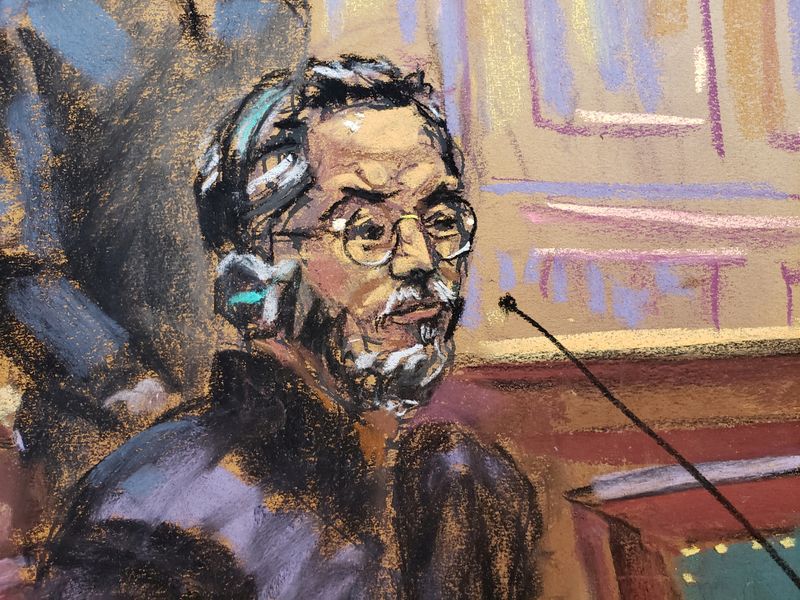By Jonathan Stempel
NEW YORK (Reuters) - A U.S. judge on Tuesday rejected exiled Chinese businessman Guo Wengui's bid to dismiss an indictment accusing him of defrauding thousands of investors out of more than $1 billion.
U.S. District Judge Analisa Torres in Manhattan said prosecutors sufficiently alleged that Guo engaged in a pattern of racketeering through four fraud schemes, and that proving it was a matter for trial.
Lawyers for Guo did not immediately respond to requests for comment after business hours.
Guo has pleaded not guilty to 12 criminal charges that including securities fraud, wire fraud, unlawful monetary transactions and conspiracy, including for money laundering.
According to the indictment, Guo and his accomplices defrauded investors in a media company, cryptocurrency and other ventures.
The indictment said Guo took advantage of his prolific online presence and hundreds of thousands of followers by promising outsized financial returns and other benefits.
In reality, the scheme allowed the co-conspirators to enrich themselves and family members, and fund Guo's "extravagant lifestyle" the indictment said.
Two co-defendants face related criminal charges, including one defendant charged with obstruction.
Also known as Ho Wan Kwok and Miles Kwok, Guo is a critic of China's Communist Party and business associate of former U.S. President Donald Trump's onetime adviser Steve Bannon.
Guo has been jailed in Brooklyn since his March 2023 arrest, with Torres and a federal appeals court rejecting his proposed $25 million bail package last year.
Jury selection in his trial is scheduled to begin on May 20.
Prosecutors also sought the forfeiture of various assets including bank accounts, a $37 million yacht, a New Jersey mansion, a Bugatti, a Lamborghini and a Rolls Royce (LON:RR).

Guo filed for Chapter 11 bankruptcy protection in Connecticut in February 2022. That case was later combined with the bankruptcies of other companies he controlled. Torres has twice rejected Guo's bid to stay the bankruptcy proceedings.
The case is U.S. v Kwok, U.S. District Court, Southern District of New York, No. 23-cr-00118.